

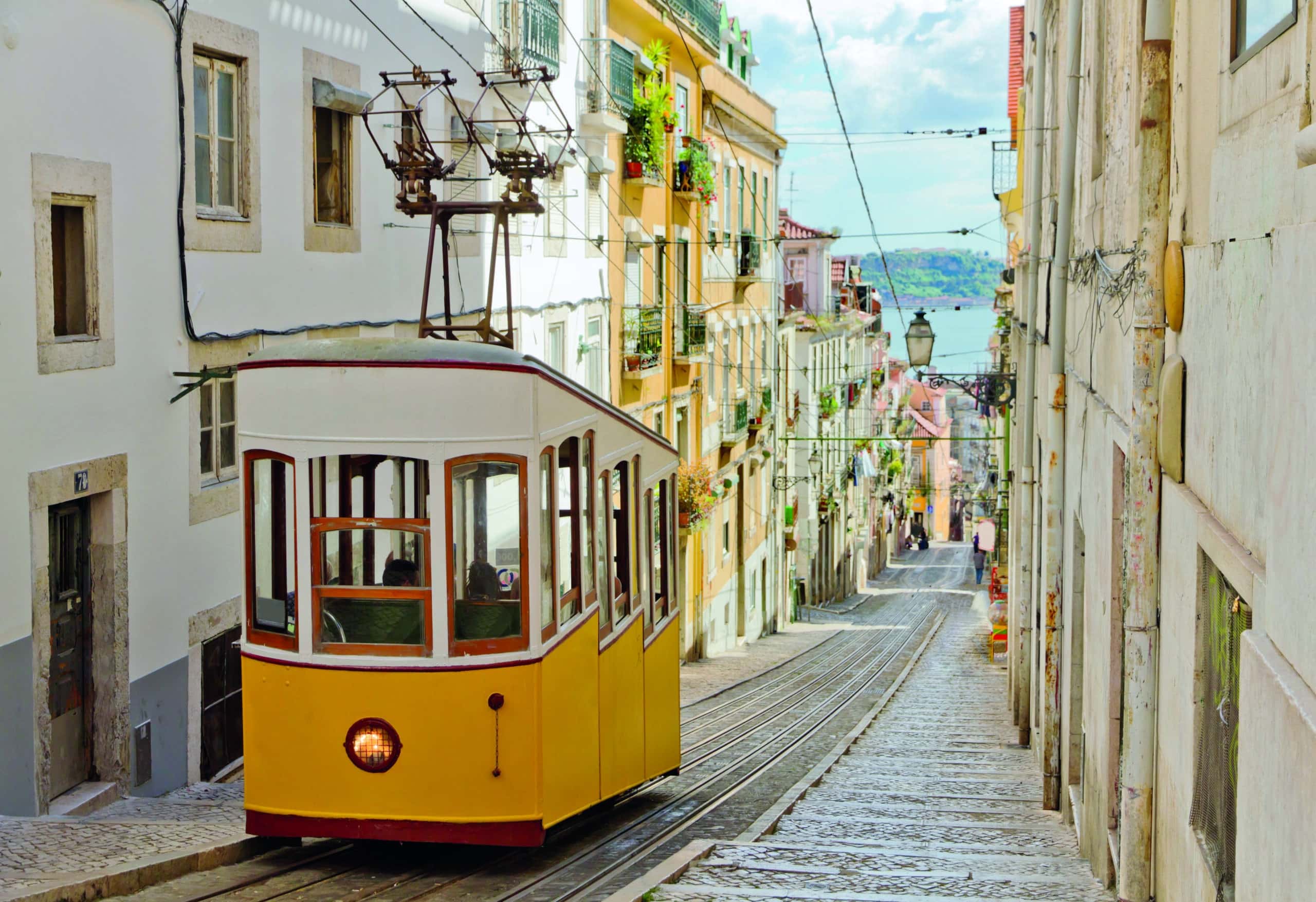
Portugal, a country of navigators and poets, will charm you with its gentle way of life, its colorful historic cities, its wild coasts battered by the Atlantic, and its melancholic culture imbued with “saudade.” From the cobblestone streets of Lisbon to the vineyards of the Douro, and the golden beaches of the Algarve, our stays in Portugal invite you to discover a rich heritage and preserved authenticity. Explore our offers and let yourself be seduced by the Portuguese soul.
A rich historical and architectural heritage
Explore majestic monasteries (Batalha, Alcobaça), medieval castles, cities with colorful azulejos, and UNESCO-listed sites.
Charismatic cities
Lisbon and its yellow trams, Porto and its port wine cellars, Coimbra and its centuries-old university.
Spectacular coastal landscapes
From the rugged cliffs of the Algarve to the surfing beaches on the west coast, passing through the archipelagos of Madeira and the Azores.
An authentic culture and flavorful gastronomy
Listen to fado, taste bacalhau (cod) prepared in countless ways, pastéis de nata, and local wines.
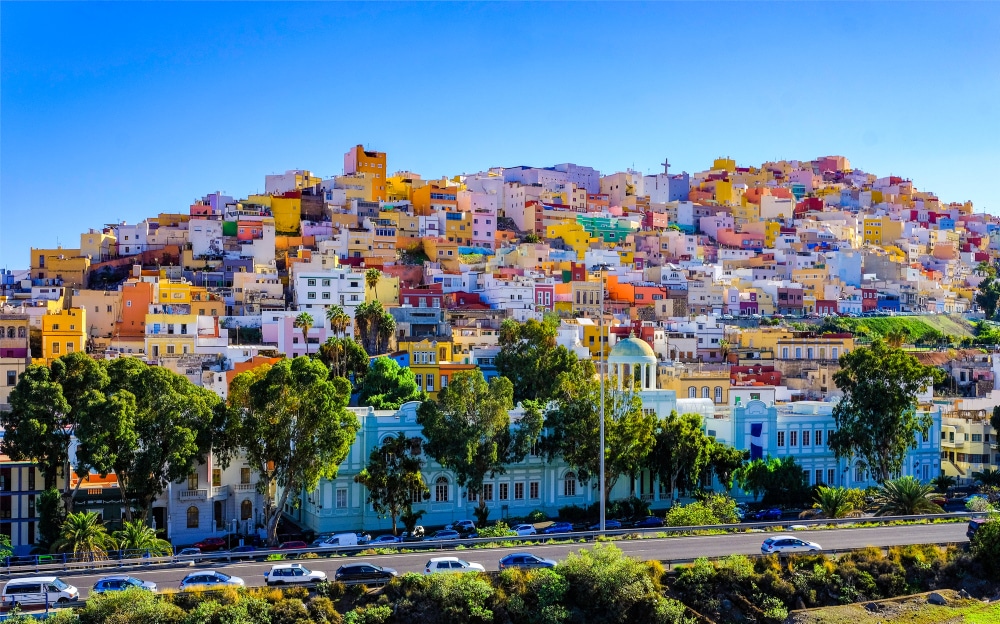
€1,919
price per person
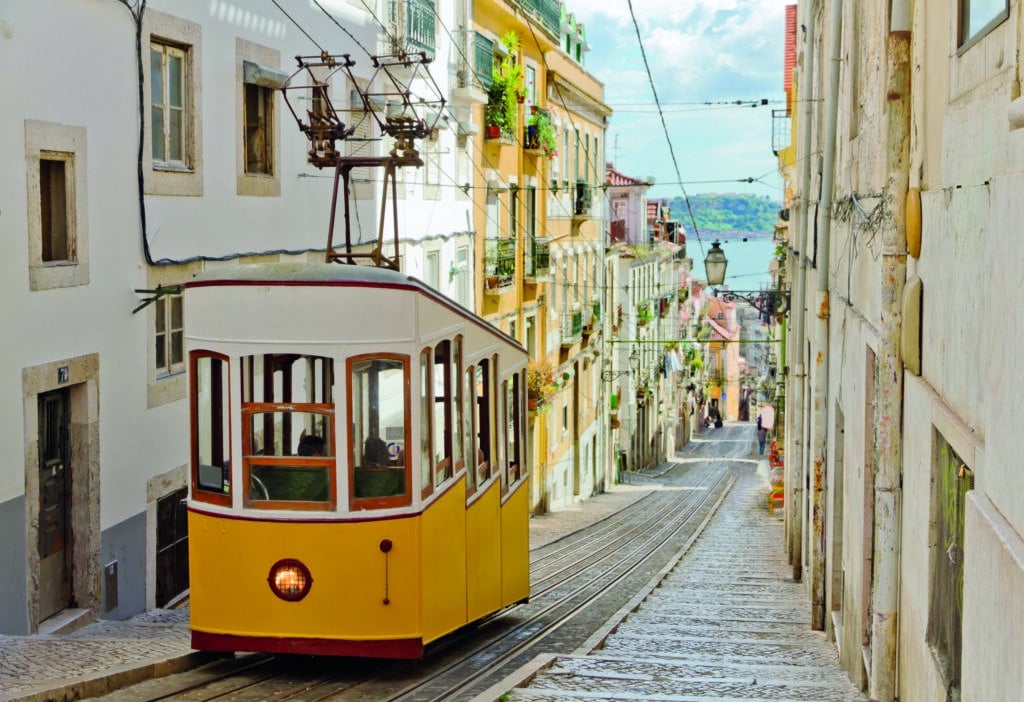
€256
price per person




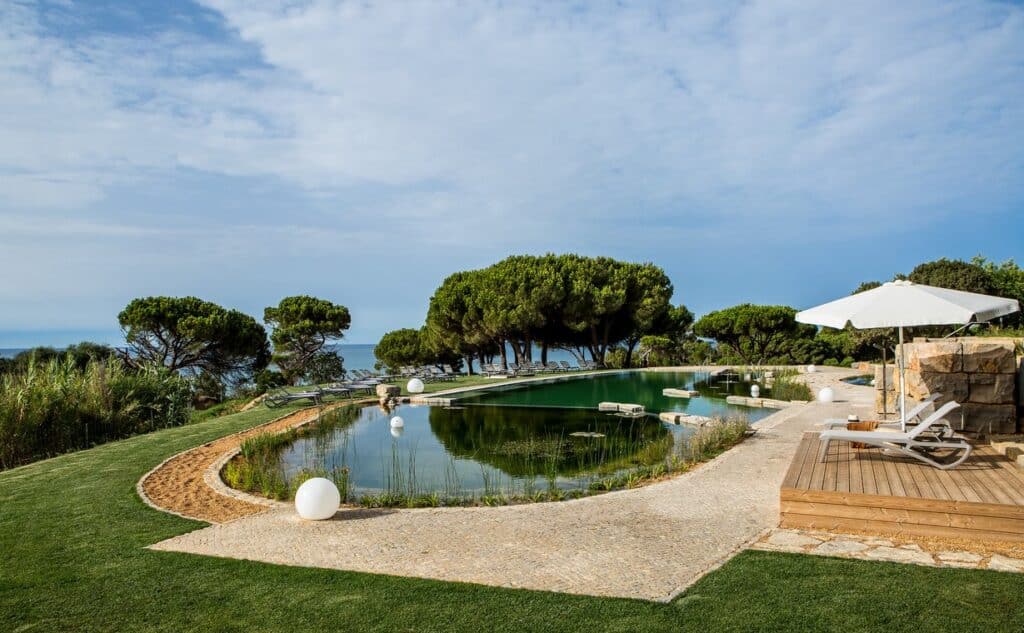
€1,696
price per person
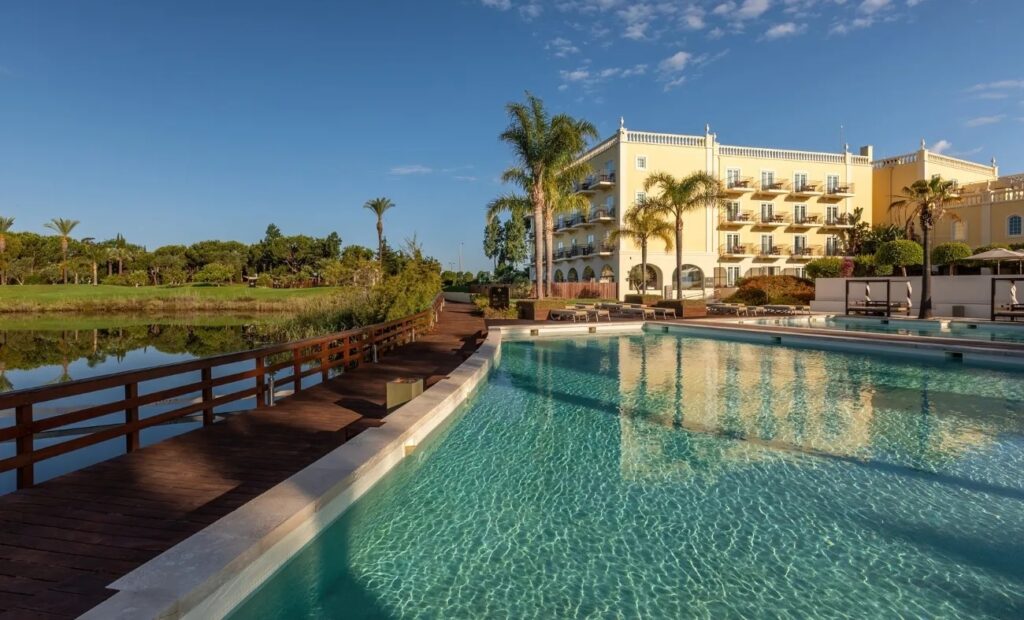
€1,409
price per person




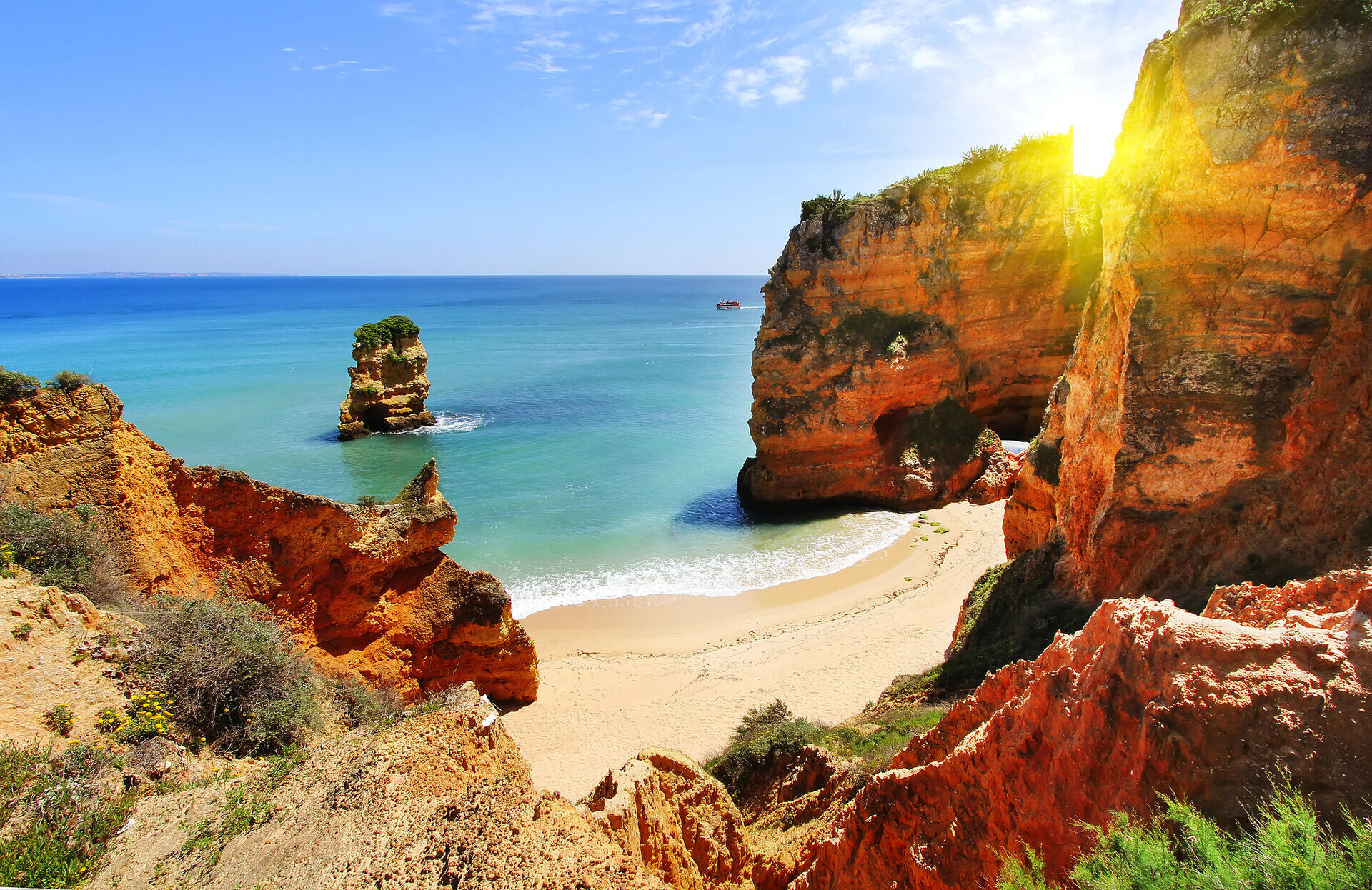
1619€
price per person
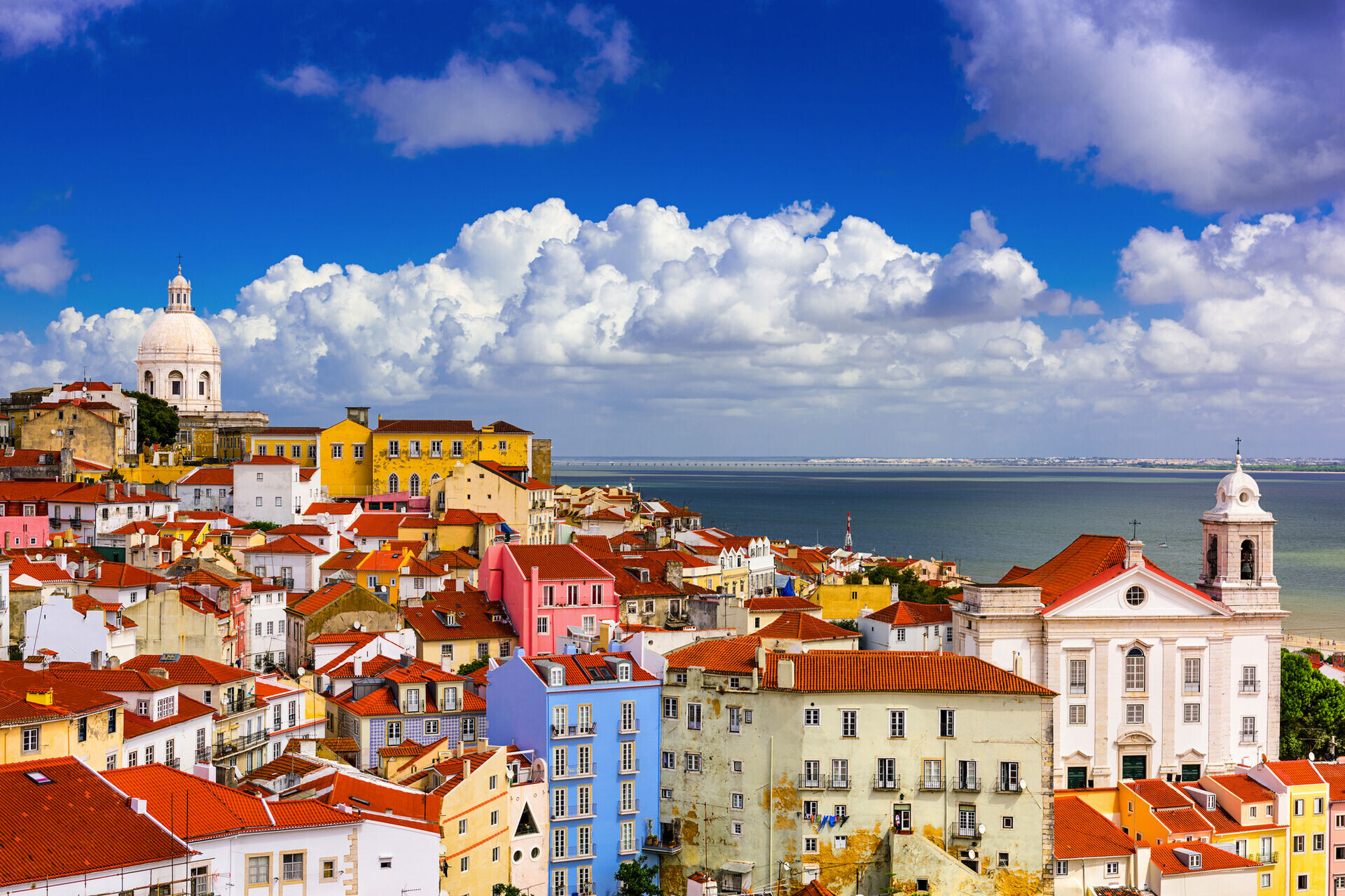
2490€
price per person

1439€
price per person
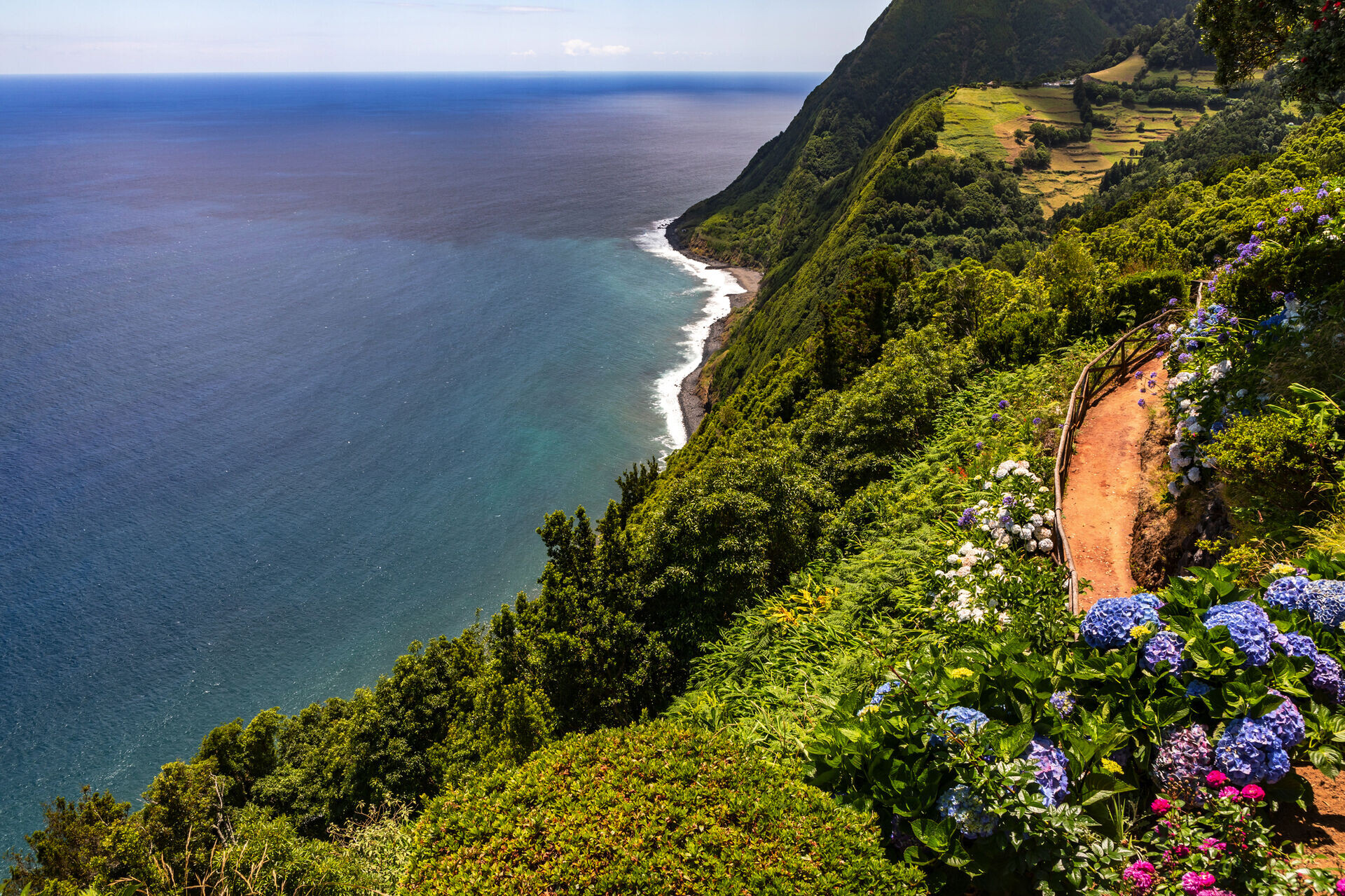
7349€
price per person
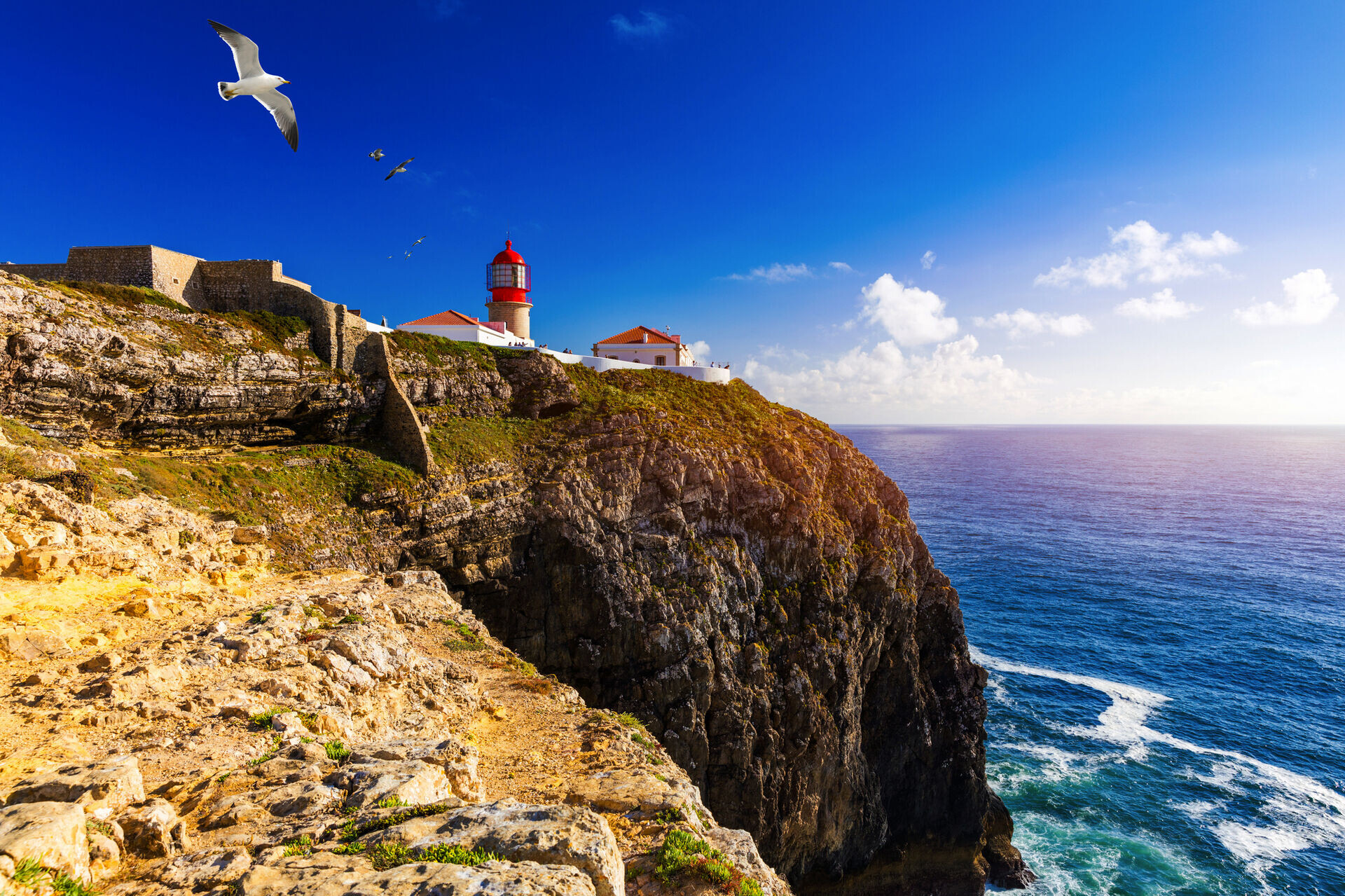
2255€
price per person
Portugal offers a great diversity of sites.
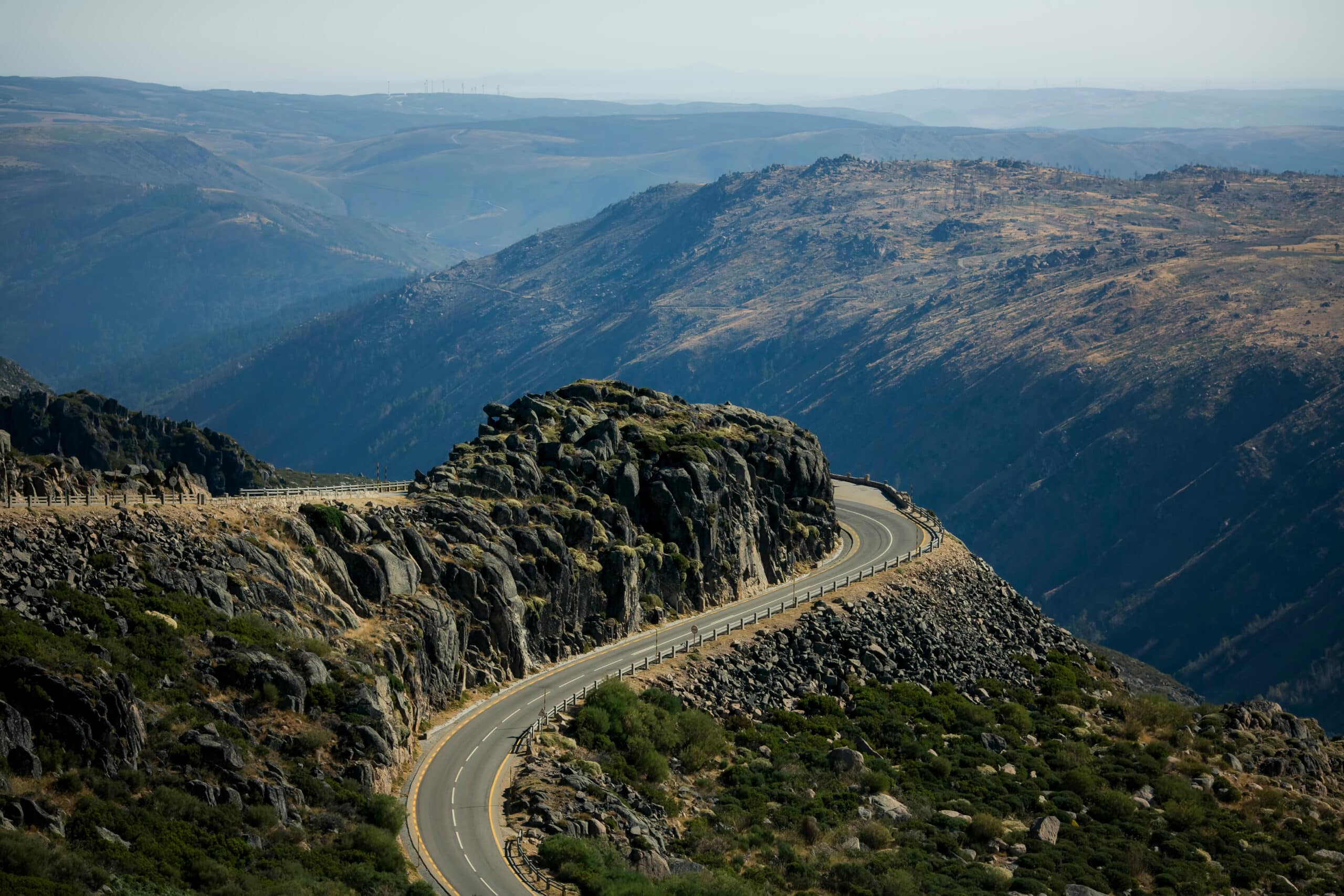
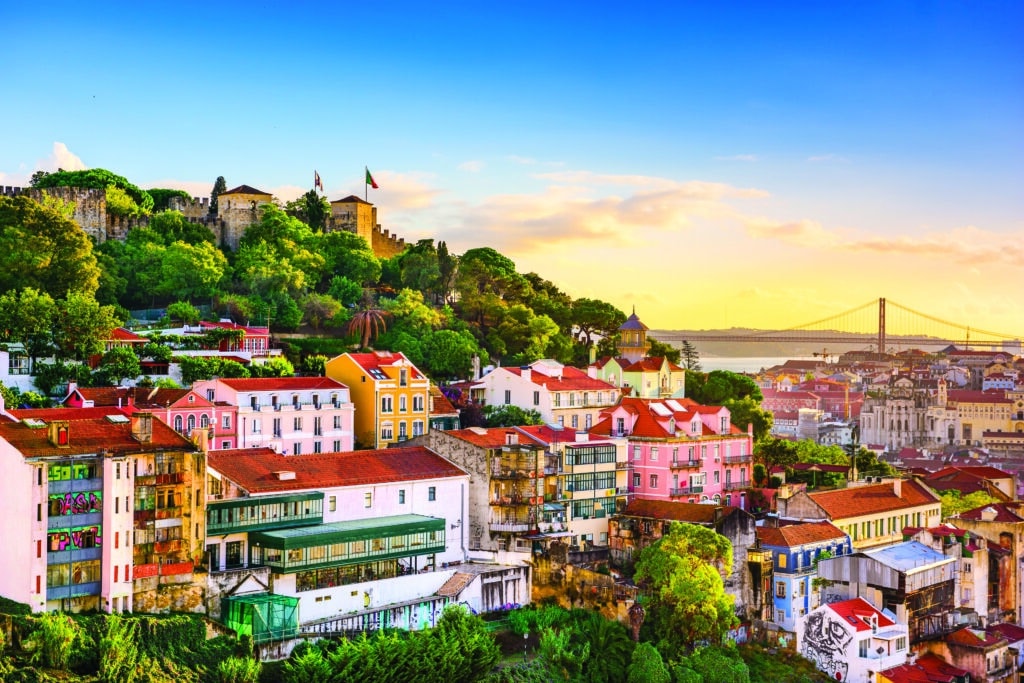
Portugal enjoys a temperate Mediterranean climate:

Portuguese cuisine is generous and flavorful, with a strong maritime tradition. The bacalhau (dried and salted cod) is the national dish, prepared in hundreds of different ways. Fresh grilled fish (sardines in summer) and seafood are excellent. Try the caldeirada de peixe (fish stew), thearroz de marisco (seafood rice) and the cozido à portuguesa (hearty stew). The pastéis de nata (small custard tarts) are an unmissable treat. Portugal produces a wide variety of wines, including the famous Port wine, Vinho Verde (young and sparkling wine) and many quality red and white wines.
| Jan | Feb | March | April | Mai | June | July | Aug | Sept | Oct | Nov | Dec | |
|---|---|---|---|---|---|---|---|---|---|---|---|---|
| Our opinion | ||||||||||||
| Tourist peak | ||||||||||||
| T° max | 15°C | 16°C | 19°C | 20°C | 23°C | 26°C | 29°C | 29°C | 27°C | 23°C | 18°C | 15°C |
| Rainy days | 7 d | 6 d | 6 d | 7 d | 5 d | 2 d | 1 d | 1 d | 3 d | 7 d | 8 d | 7 d |
| T° sea | 16°C | 15°C | 15°C | 16°C | 17°C | 19°C | 19°C | 20°C | 20°C | 20°C | 18°C | 17°C |
| Beach | ||||||||||||
| Hiking |
Looking for inspiration and first-hand accounts? Let yourself be guided by the experiences of those who have already explored this fascinating country. There you’ll find a wealth of information to prepare your own adventure.
The oldest bookstore still in operation in the world, Livraria Bertrand, opened in 1732, is located in Lisbon. Moreover, Portugal is one of the world’s largest producers of cork.
The official currency in Portugal is the Euro (€). Credit cards are widely accepted. However, it is useful to have some cash for small businesses, markets, or transport. ATMs (Multibanco) are very common and also allow other transactions (bill payments, phone top-ups).
The inhabitants of Portugal are called Portuguese.
The official language is Portuguese. English is widely spoken in tourist areas, and French and Spanish are also understood by some of the population.
In Portugal, the electrical plugs are type C and F. The standard voltage is 230V and the frequency is 50Hz. French appliances work without an adapter.